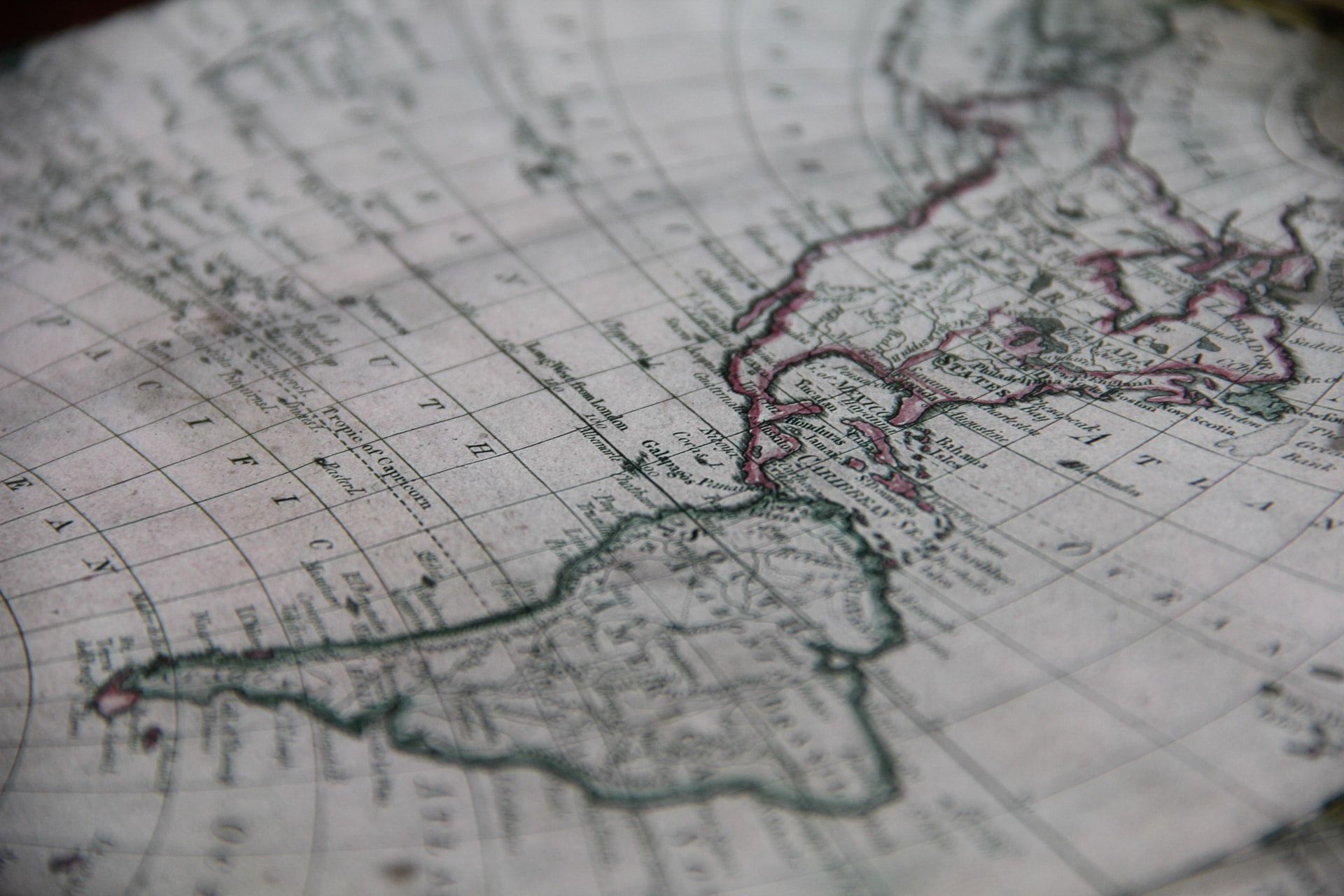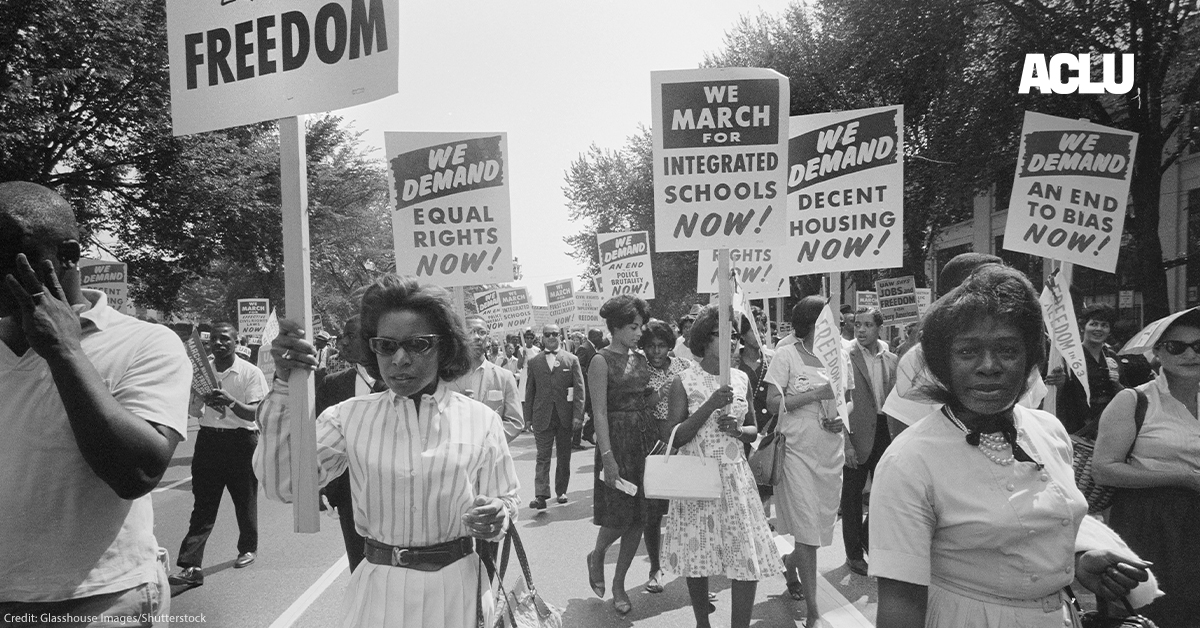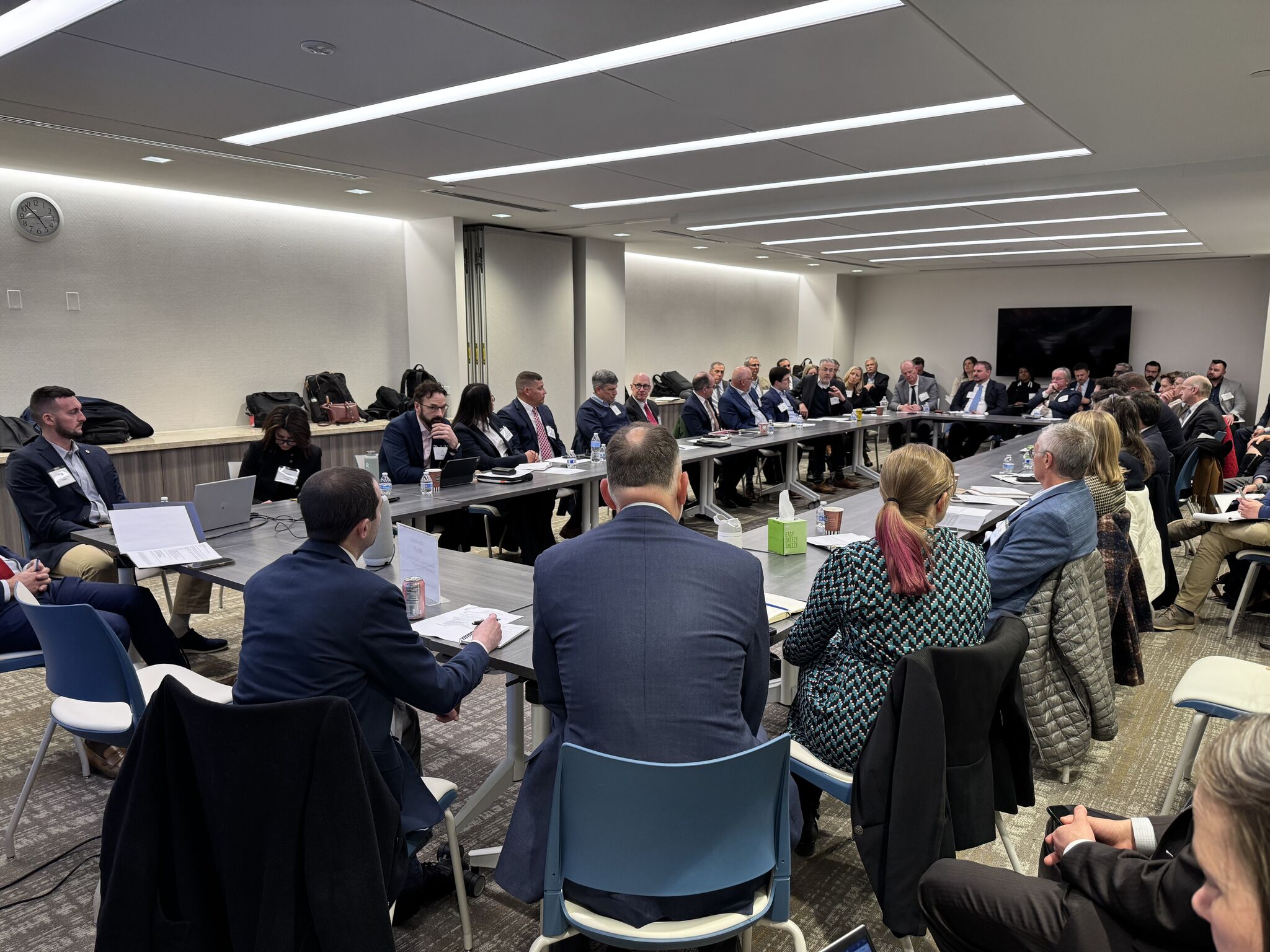New framework aims to keep AI safe in US critical infrastructure

The board, formed in April, is made up of major software and hardware companies, critical infrastructure operators, public officials, the civil rights community, and academia, according to the release.
A once in a generation opportunity
Mayorkas explained the need for the framework in a report outlining the initiative, “AI is already altering the way Americans interface with critical infrastructure. New technology, for example, is helping to sort and distribute mail to American households, quickly detect earthquakes and predict aftershocks, and prevent blackouts and other electric-service interruptions. These uses do not come without risk, though: a false alert of an earthquake can create panic, and a vulnerability introduced by a new technology may risk exposing critical systems to nefarious actors.”
AI, he said, offers “a once in-a-generation opportunity to improve the strength and resilience of US critical infrastructure, and we must seize it while minimizing its potential harms. The framework, if widely adopted, will go a long way to better ensure the safety and security of critical services that deliver clean water, consistent power, internet access, and more.”
Related
How SenseiNode Is Building Proof-of-Stake Infrastructure in Latin America
A lot of attention is paid to the decentralization of the Bitcoin network.Bitcoin miners should set up shop in a number of different jurisdictions in order to p
The Infrastructure of Racial Justice Is Under Attack. We Must…
President Donald Trump began February with a proclamation that Black History Month offered “an occasion to celebrate the contributions of so many Black Am
Bomb threat found “non-credible”: American Airlines after Delhi-bound flight diverted…
American Airlines has said that the "bomb threat on board", due to whi
Big infrastructure investment plans take shape in America
Amtrak and dozens of major industry partners representing construction, manufacturing, rail supply, engineering, and other sectors convened for an industr













